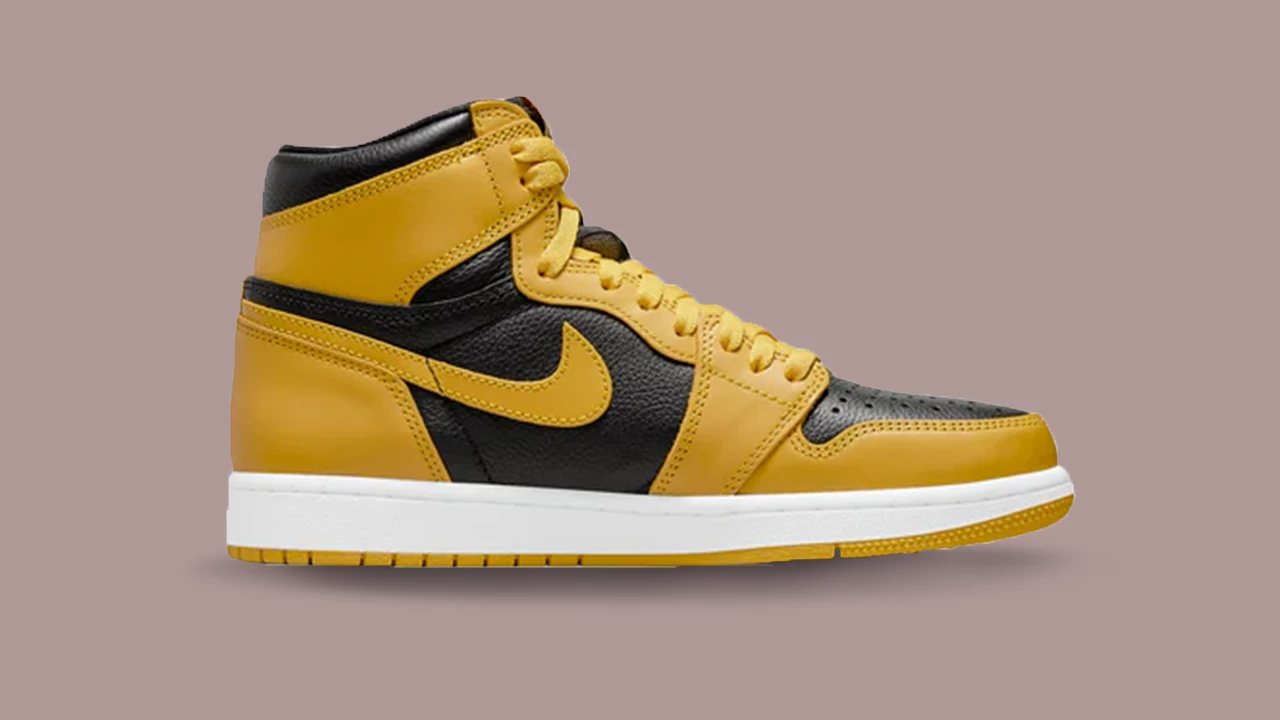If the shoes you need are not listed on the website, please contact us via email or WhatsApp.

Why People Buy Reps Shoes: The Justifiable Obsession with Sneaker Replicas
The market for replica sneakers, often called “rep sneakers” or “rep shoes”, has absolutely exploded in recent years. What used to be an underground niche has turned into a huge global industry supplying the masses with imitation Air Jordans, Yeezys, and other coveted kicks for a fraction of retail prices. Their soaring popularity begs the question – what exactly drives the replica sneaker obsession?
As it turns out, there are some very understandable psychological, financial, and philosophical reasons why more and more sneaker fans opt for replica shoes. When you consider the shady tactics and absurd prices of the official sneaker market, replicas start to seem not just appealing, but ethically sound. Read on to discover the minds behind the rep sneaker movement.
Imitating Impossible to Obtain Grails
The cult of sneaker collecting has blossomed thanks to online communities, celebrity/influencer hype, and brands like Nike and Adidas building sneaker drops into limited-time events. For sneakerheads, scoring a pair of highly anticipated shoes is a status symbol. Unfortunately, the manufacturing scarcity that makes sneakers coveted also makes them impossible for most people to obtain.
Replicas let ordinary fans get their hands on grails – a sneaker term for one’s ultimate, most desired pair. Diehard fans no longer have to fork over a month’s rent to buy Off-White Jordans from resellers. They can satisfy sneaker cravings by custom ordering high-quality replicas. For grails that are financially or geographically out of reach, replicas are a game changer.
The Thrill of Duping Hypebeasts
Hypebeasts – people who collect high-end, hyper-popular clothing and shoes to show off – may scoff at replicas. But designers like Virgil Abloh have actually compared rep sneakers to street art and commented that hypebeasts unknowingly wearing knockoffs is “amazing.”
Replicas let budget-conscious fashion fans participate in the culture. Plus, there’s an element of mischief and prestige that comes with “duping” label-obsessed hypebeasts by sporting impossible-to-tell knock-off grails. Replica sneakers fit right into the streetwear spirit – all about having fun with fashion rather than flaunting wealth.
Profit-Driven Brands, Price-Gouging Resellers
Fans argue that buying replicas is justified pushback against the corrupt, profit-hungry foundation of the multi-billion-dollar sneaker industry. Brands like Nike know exactly what they’re doing when they roll out miniscule numbers of sneakers with the technology to produce far more. They couple manufactured scarcity with performative social responsibility messaging.
At the same time, buying shoes for retail is nearly impossible with armies of reseller bots scooping up inventory. Reselling shoes for exponential markups drives aftermarket prices sky-high.
Between brands’ bogus marketing tactics and resellers greedily inflating costs, fans argue that purchasing replica sneakers levels the playing field. If brands profit from false scarcity and impossible prices, consumers have every right to buy more fairly priced replicas instead.
Philosophy – Why Pay for the Brand, Not the Product?
The popularity of replica culture reflects changing attitudes about luxury items, especially among younger demographics. An emerging philosophy asks – if a replica looks and functions exactly the same as the real thing, why pay extraordinary prices simply for a brand name? With replicas often indistinguishable from genuine sneakers, more consumers choose to invest money elsewhere while still appearing to wear high-end streetwear.
Followers of this idea contend that buying into artificial hype and scarcity for a status symbol is illogical. They prefer sporting a replica pair of Off-White Jordans and directing disposable income into pursuits like travel, entrepreneurship, or philanthropy. Savvy rep sneaker fans get to look like hypebeasts while obtaining gratification from deeper personal priorities.
Are Replicas Unethical Fakes? A Case for Knockoffs
While replicas violate intellectual property rights, fans argue that brands inviting the replica market through unfair practices opens the door for ethical consumption of knockoffs. Sneaker conglomerates increasingly cater only to the elite with extreme prices and artificial shortages while shutting out regular fans.
In turn, supporters believe that replicas balancing cost and access constitute a “moral economy.” That is, purchasing replicas is a justified rebellion against a structure weighted towards the rich. Others compare buying reps to relatively harmless piracy of digital content like movies or music.
Rather than unethical counterfeits, replicas act as market corrections targeted at greed-fueled brands and unfair secondary markets. The made-up prestige around consumer goods arguably does not deserve legal protection or outrage. As rep sneakers spread, paradigm shifts towards attitudes on intellectual property constantly evolve.
Replica Sneaker Communities Remove the Stigma
Dedicated communities that discuss and purchase replica sneakers also work to remove attached stigmas. Unlike shady counterfeit markets, rep communities create safe spaces to share detailed product reviews, factory lists, and photos that make buying replicas reliable. They demystify and open the rep market to curious newcomers.
These communities also foster understanding about why fans judiciously choose replicas alongside genuine sneakers. From revealing insider brand tactics to providing education on spotting knockoffs, rep communities lift the veil off the industry. This transparency helps justify why judiciously adding replicas to your rotation is reasonable rather than unfashionable.
Accessibility Leads to Demand Among Less Privileged Fans
Replica obsession spreads as manufacturers outside privileged Western markets fill demand for access to iconic sneakers. For less affluent fans in countries like China, the Philippines, and across South America and Africa, retail prices for shoes like Air Jordans are unattainable.
Local factories stepped in to meet their desire for high-end American streetwear. Even with shipping costs, homegrown replicas represent the only way to realistically obtain Miles Morales Jordan 1s or Yeezy Boost 350s for international fans. Essentially black markets bloomed in response to brands ignoring huge swaths of fans.
As the myth of legitimacy around Western brands crumbles, overseas fans feel emboldened to purchase replicas. These underserved demographics will continue fueling replica demand until brands address their accessibility issues. The industry evolved out of a rational balancing of fairness and consumer desire.
The Verdict? The Rep Sneaker Obsession Is Justified
At the end of the day, the replica sneaker industry exists because brands failed to fairly balance profit, artificial prestige, and demand. When companies skirt ethical lines to keep coveted shoes unattainable for most fans, those fans will find other avenues. That impulse gave rise to a thriving market for replicas from eerily accurate knockoffs to designs “inspired” by hypebeast grails.
What others call unethical counterfeits, supporters call reasonable consumption. Collectors justify that replicas wouldn’t exist and thrive if brands valued fans over profit margins, or if resellers didn’t drive prices astronomical. Replica sneakers offer balance. And for less privileged demographics, replicas represent the only channel for marginalized fans left out of the elite Western hype model.
At its core, replica culture spotlights deeper injustices ingrained in the greater sneaker industry. Rather than shallow hypebeast dupes, fans of replica kicks just want accessible grails and a taste of unjustly gated sneaker culture. Demand for replicas won’t slow down until brands address these ethical gaps. Replicas are the symptom; unfair industry practices are the real issue.




